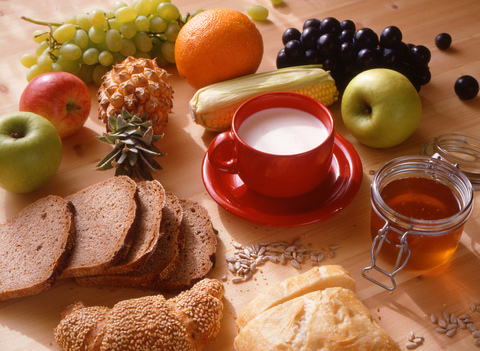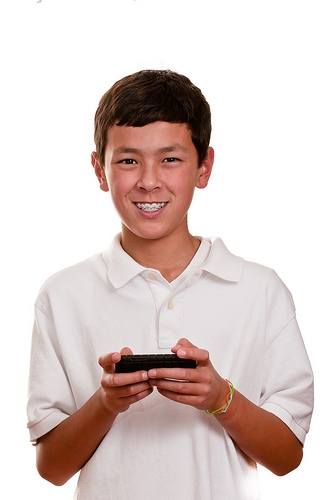March is National Nutrition Month!
March 4th, 2026

While you don’t have to wait to start eating right, March is the month the Academy of Nutrition and Dietetics asks everyone to pay special attention to what goes into our bodies. The Academy has designated the month of March for focusing the public’s awareness on what they eat.
What Not to Eat
The academy points out that the foods you eat have a direct effect on the health of your teeth and specifically on tooth decay. Bacteria rely on carbohydrates to thrive. That is why Dr. Allen Garai & Dr. Karen Tratensek and our team at Garai Orthodontic Specialist tell our patients to cut back on both candy and sweets. They consist of simple sugars that feed the bacteria in your mouth and enhance tooth decay.
It’s the hidden sugars that will cost you, though. Get in the habit of reading labels on food and looking for products with added sugar. This includes ingredients that end with the suffix “ose.” When it comes to nutrition, these foods offer little value beyond satisfying that sweet tooth.
What You Should Eat
Turn to foods that not only taste good but are good for your teeth too. Dairy products, for example, provide the body with nutritional items that support tooth enamel. Foods high in protein feature phosphorus, a nutrient critical to oral health.
You can’t really go wrong by adding color to your diet, either. Fruits and vegetables make for a colorful plate and a healthy meal. Use some caution with acidic fruits like oranges or even tomatoes, because the acid can erode tooth enamel. It is better to include these foods in a meal instead of eating them by themselves.
Remember, good nutrition is something you should worry about all year long, not just when celebrating National Nutrition Month. March just serves as a fun reminder that eating right is a proactive step in managing your dental health.
We encourage you to give us a call at our Vienna, VA & Great Falls VA office to learn more!





 Website Powered by Sesame 24-7™
Website Powered by Sesame 24-7™